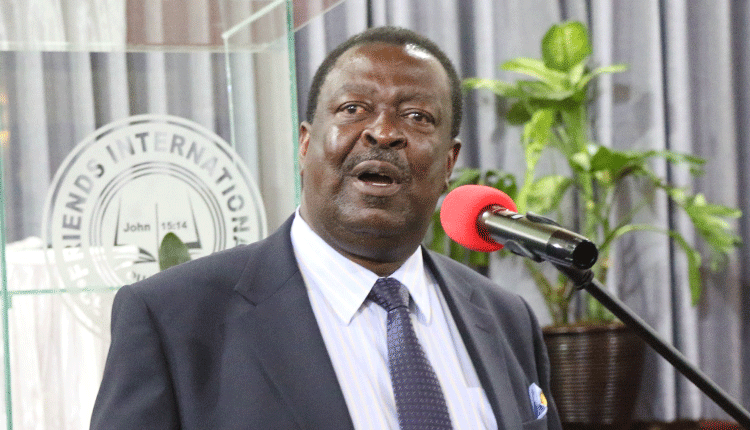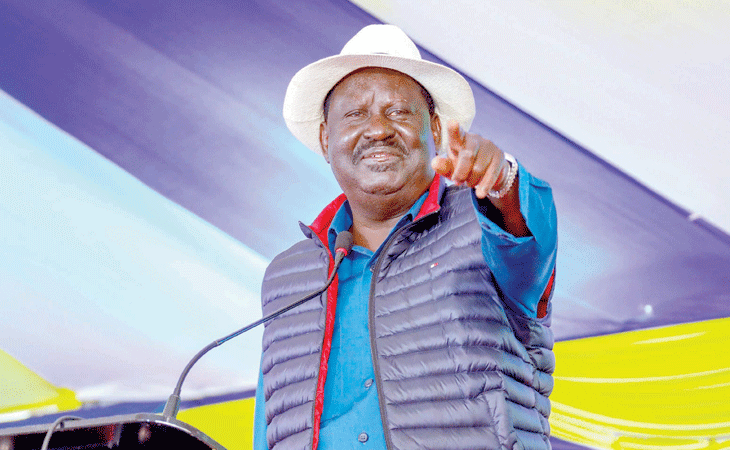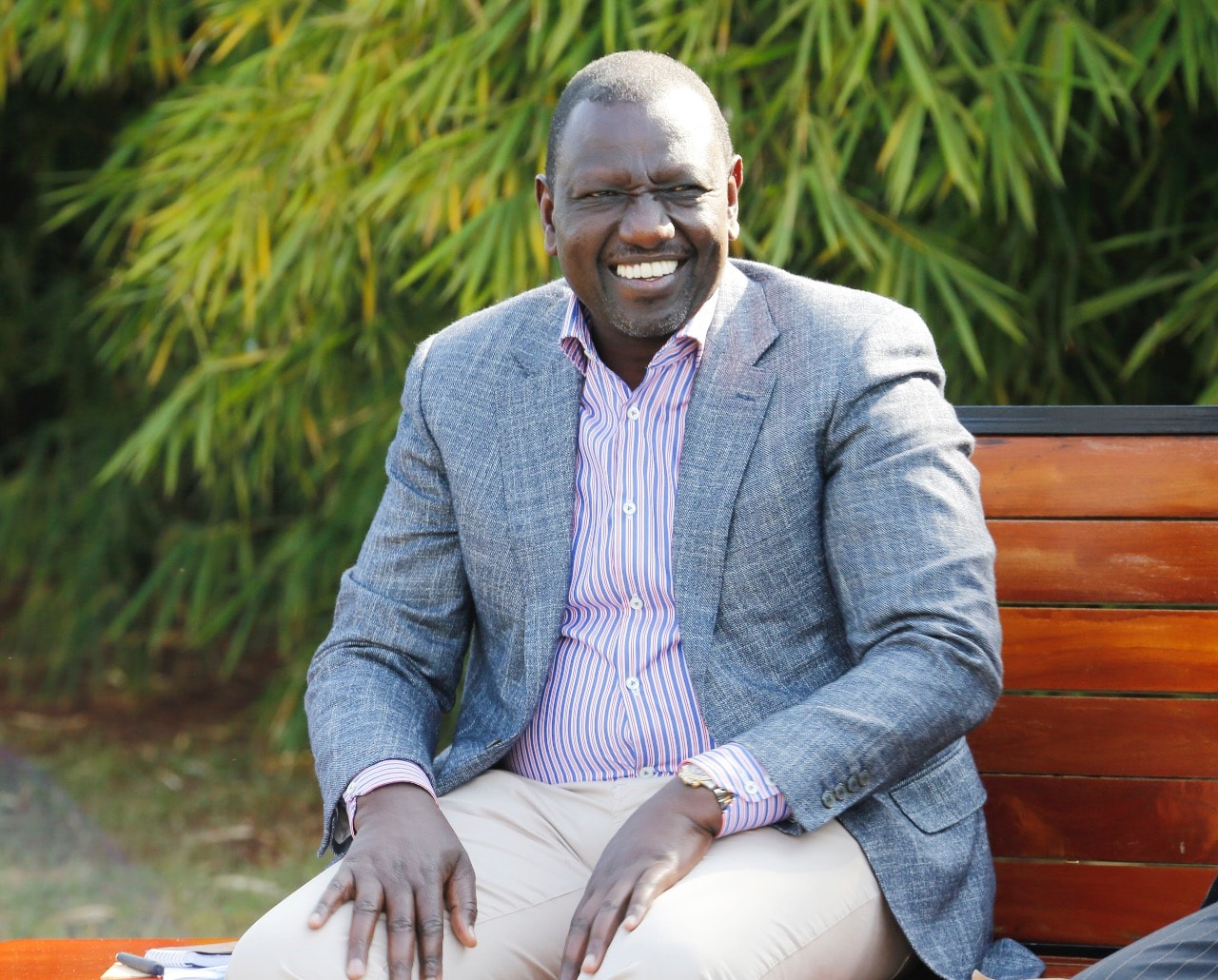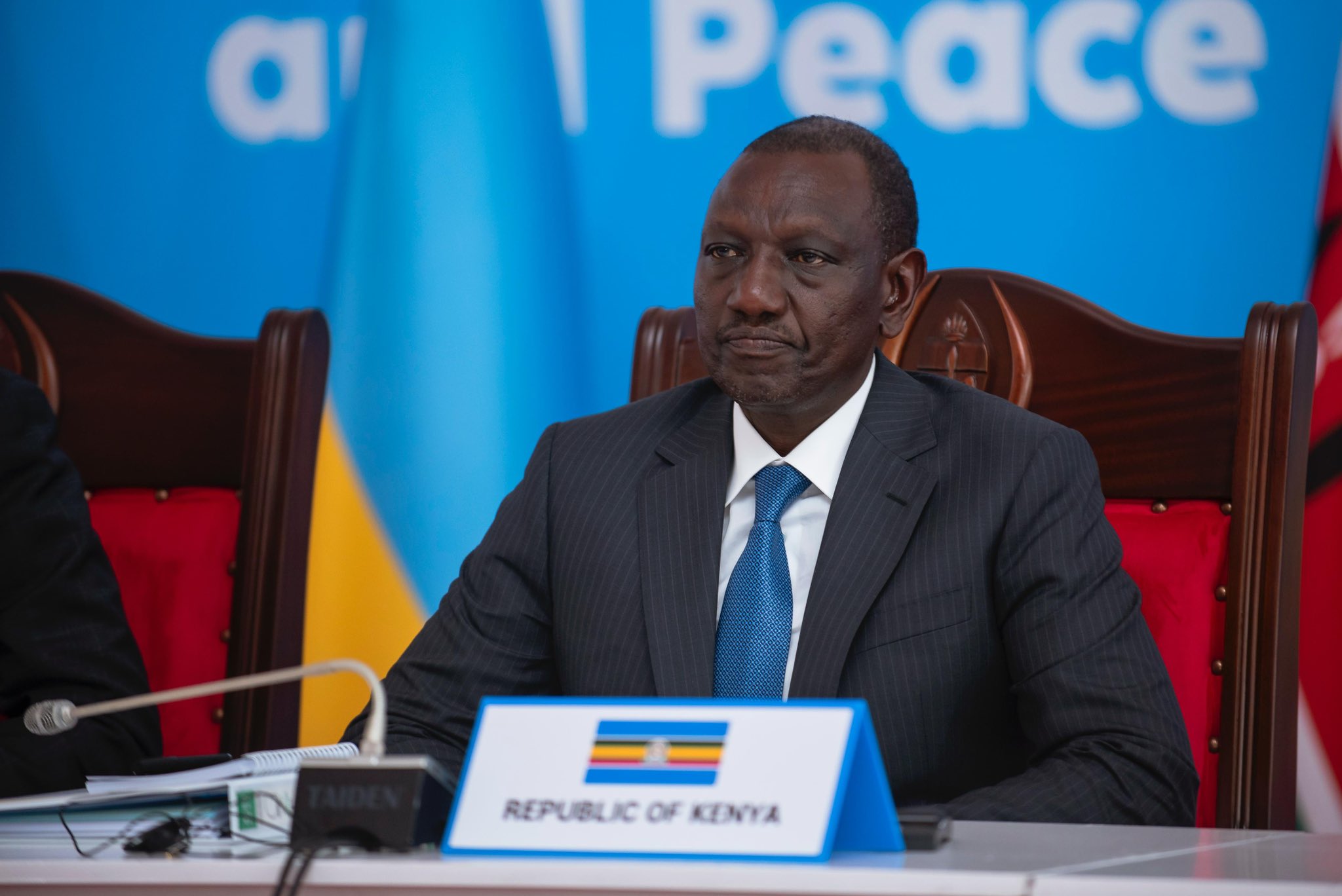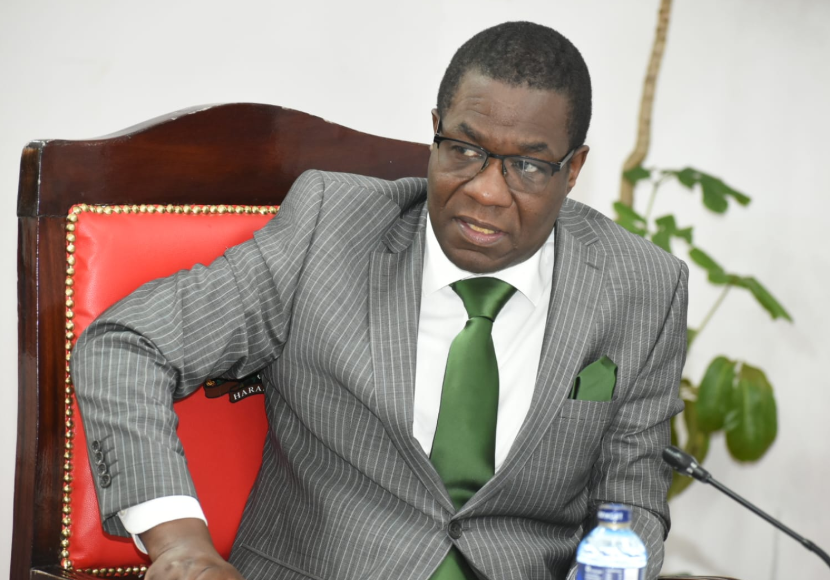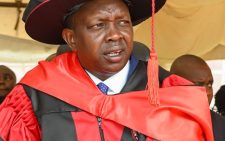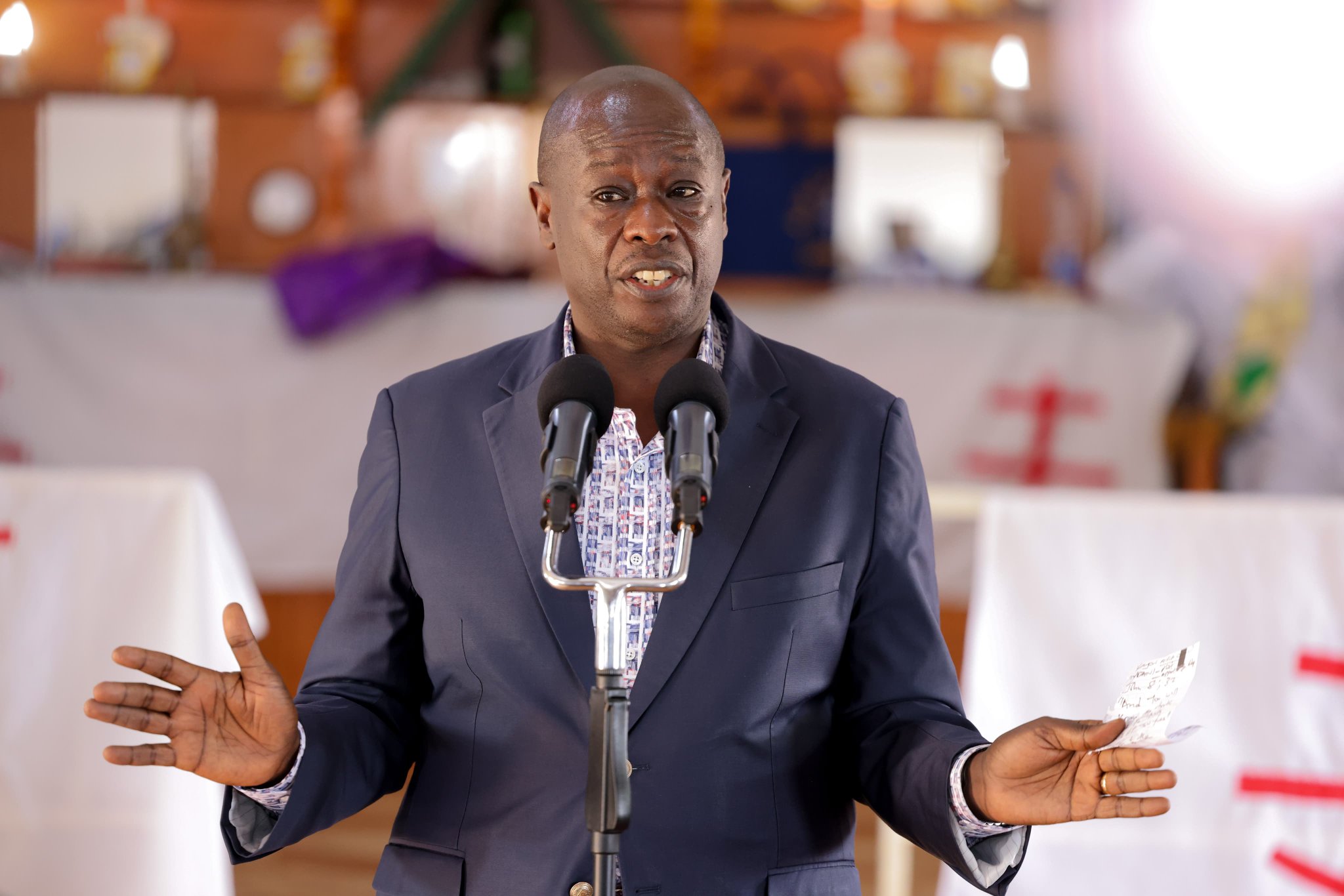To save Kenya, we need to speak truth to power
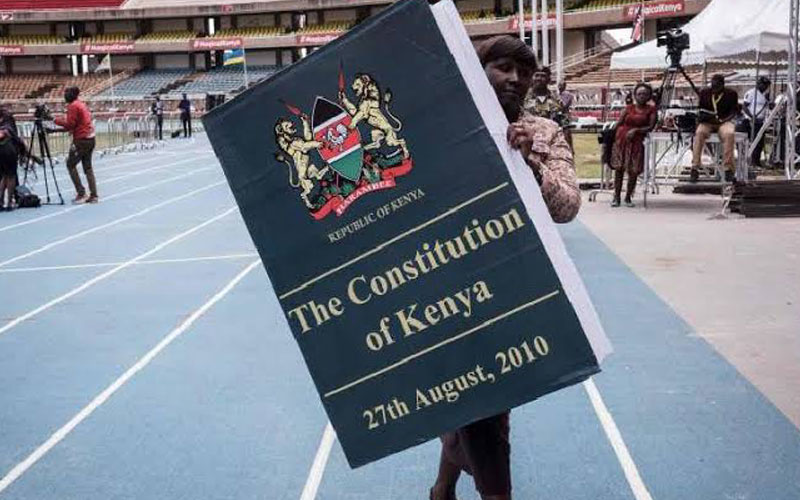
We are an incredibly political country; probably more political than any other.
For the next year and until the General Election in 2022, the decibels in the political space are only going to increase.
The players in the political space are already racing across the country with supposed policies that their administrations will implement when they assume power.
In reality, few of them, once elected, will remember to implement any of those policies.
There are strong indicators that unless the country styles up, a nation that has in the past prided itself in leading this region from an economic, civil and other fields of indicators is currently facing serious challenges to that leadership position.
It is all well and good and in everybody’s interest if all the countries in the region develop economically and in their global standing.
The challenge we face is that this nation’s regional and global standing is under threat unless serious policies are pursued to maintain the nation’s edge.
Kenya is not doing great in terms of debt portfolio. How we prepare our human resources, an area we have been leaders in in the past, for the challenges of tomorrow is seriously under threat given how our educational sector is being managed.
Agriculture, for a long time one of the major mainstays of our economy, is suffering in major ways – be it in the sugar sector, tea reforms, coffee and one can go on. The tourism sector has been dealt a major blow by Covid 19.
Consider our sports and the only areas we still feature well in comparison is in individual sports.
It is long since Harambee Stars was ever a threat to any team. Talking about Harambee Stars– how could a nation thinking seriously of its sport change coaches on the eve of a major tournament and still expect to do well?
But those in leadership, charged with placing this nation on a high pedestal are saddled with one thing: individual interest couched in the language of nationalism and patriotism.
Leaders have found comfort in the horde of supporters who are no different than those they trust with leadership.
Every five years instead of conducting an audit to demand a report card from those in office on how they delivered on their mandate, the nation reprises an exercise to confirm its loyalty to the ethnic base.
This is not necessarily because of lack of institutions that could hold leadership to account.
We have had a strong media sector tradition that could step out of the comfort zone of neutrality and take the position of aggressively interrogating those in power.
Of course, there are indications that such a stance would not be easy. The public is partisan, whether our institutions would resist the temptation to bring the media to heel is questionable, and the media itself is populated by among others, people whose driving motif is equally self-interest.
Then we have the civil society – those in the non-state actors space including the religious institutions. But this group has not escaped the rot either.
Most non state actors play to the tune of donors or are no different than the larger partisan society.
Religious institutions seem to be, first and foremost, loyal to their ethnic base and only after that do the claims of their institutions take hold of them.
Can the situation remain hopeless for ever? Absolutely not lest we may never have a country.
The legacy our forefathers bequeathed us, of a proud nation leading in the region, could be squandered under our watch.
Over the past years the intention of doing better has been there, at least as expressed in our documents – the constitution and the policies advanced. What has been lacking is the will to follow through.
We have to find the capacity to summon the will, to place individual greed in check, and let the nation rise again. We owe it to the next generation. — The writer is Dean, School of Communication, Daystar University
